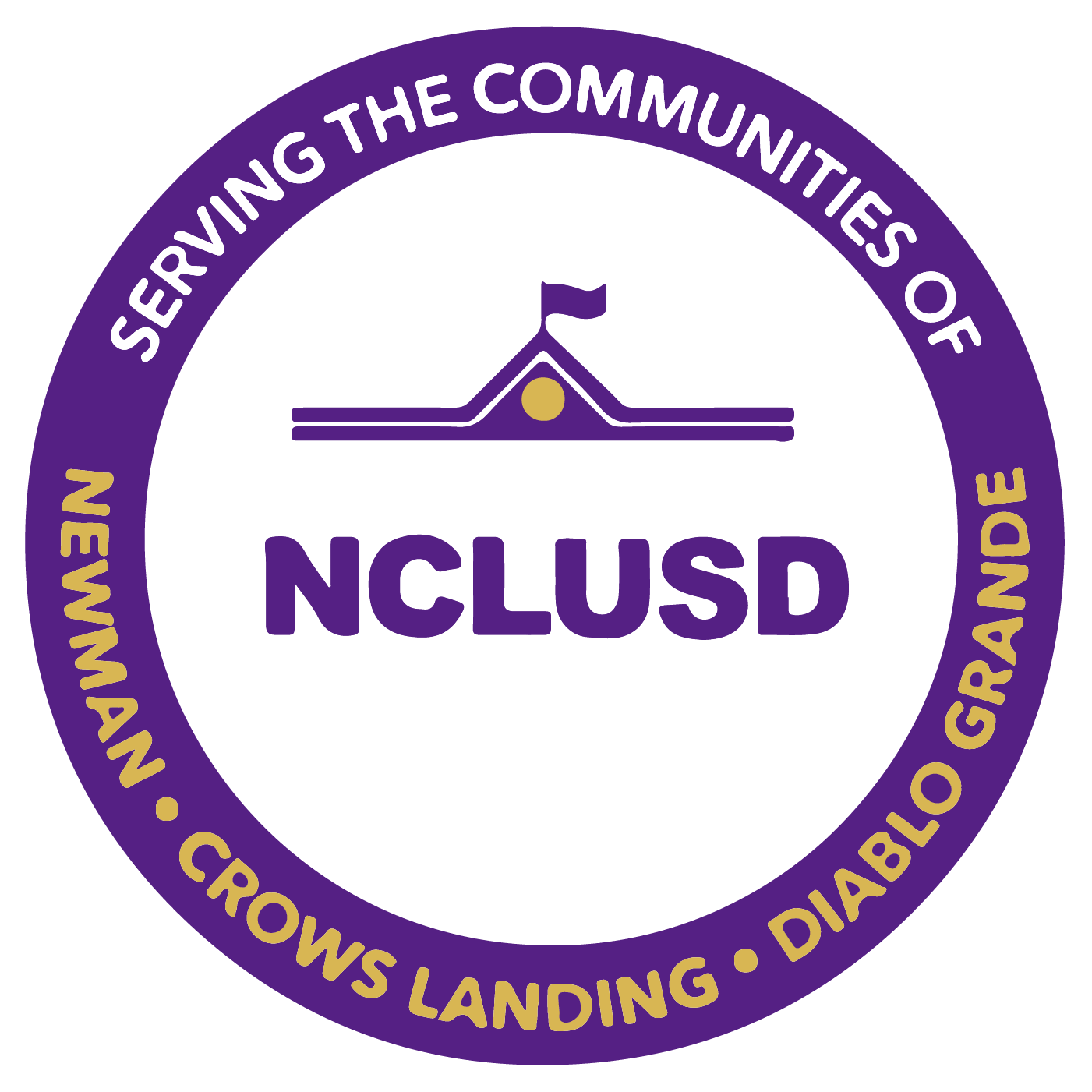QUICKLINKS
DIGITAL CITIZENSHIP EDUCATION

Newman-Crows Landing USD students are taking part in classroom lessons from the Common Sense Media Digital Literacy and Citizenship Curriculum. The overall goal of this curriculum is to educate and empower young people to harness the power of the Internet and digital technology so they become safe, responsible, and respectful digital citizens.
WHAT IS DIGITAL CITIZENSHIP?
YouTube. Runescape. iTunes. Twitter. Facebook. Club Penguin. Digital media and technology are evolving at a dizzying pace, bringing with it extraordinary opportunities as well as real risks for our children. On the positive side, young people are using the immense power of the Internet and mobile technologies to create, connect, explore, and learn in ways never before imagined. On the negative side, harmful behaviors aided by digital technology, from cyberbullying to digital cheating, are surfacing in schools and in homes across the country.
Young people face ethical challenges daily without a roadmap to guide them. And many of us — parents and teachers alike — are struggling with how to help kids thrive in this brave new world. That is why we have embarked on this digital literacy and citizenship program.
Common Sense Media (www.commonsense.org) is a nonprofit organization dedicated to improving the lives of kids and families by providing the trustworthy information, education, and independent voice they need to thrive in a world of media and technology.
WHAT COMMON SENSE MEDIA TEACHES?
The underlying message of the curriculum is one of empowerment: With powerful digital tools of creation and communication comes great responsibility. The curriculum centers on three topics and nine units based on the digital ethics research of Dr. HowardGardner and The GoodPlay Project at the Harvard Graduate School of Education. Their model of ethical thinking stresses the responsibilities that one has online to oneself, friends and family, and to the online community as a whole. Students also think critically about how they treat others in this fast-paced digital world, and they learn to use the Internet in legal, ethical, and responsible ways. Here is an overview of the unit topics.
The curriculum emphasizes skill-building, critical thinking, and decision making, and emphasize a balanced how their digital and online behaviors affect themselves, their friends and family, and the communities of which they are a part. They will have the opportunity to use computers and the Internet to practice digital literacy skills and to create digital media projects (videos, blogs, digital art) to demonstrate and share their knowledge.
WHAT FAMILIES CAN DO
Common Sense Media takes a whole-community approach to digital literacy and citizenship by providing parent resources to help you support your kid’s learning. As we engage in these lessons in class, we will be sending home parent tip sheets, videos, and an occasional homework activity for you to do together with your kids. We encourage you to read and view the parent materials, have fun with the homework activities, and take this as an opportunity to talk to your child about digital media. If you have access to the Internet at home or at work, you can visit the Common Sense Media website at www.commonsensemedia.org and take a look at the wealth of parent resources it provides on children and media.
We are thrilled to be launching this Digital Literacy and Citizenship Curriculum and look forward to sharing more with you in the weeks ahead. Please feel free to contact us if you have any questions. Raising and educating young people in today’s 24/7 digital media environment is one of the most exciting and daunting challenges that parentsand schools face today. Working together, we can raise a generation of kids who become smart, responsible, and respectful digital citizens.
